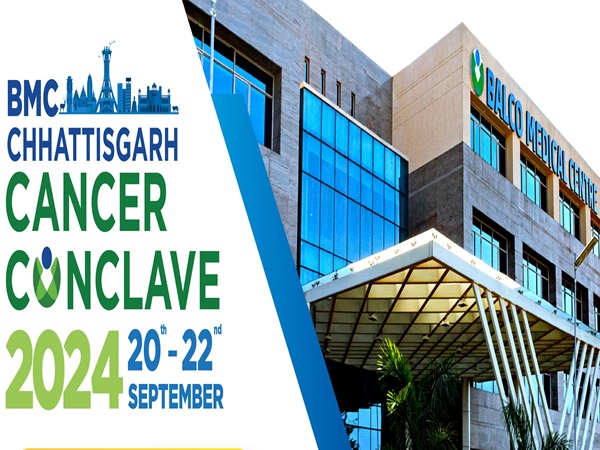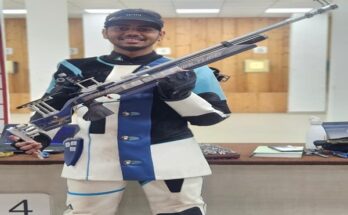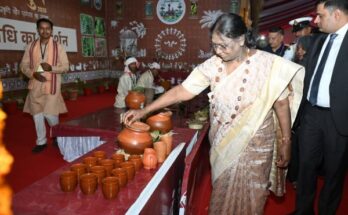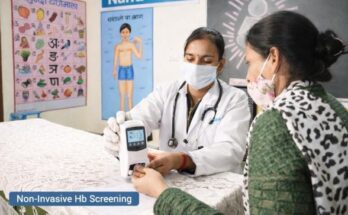
Team News Riveting
Raipur, September 20
BALCO Medical Centre (BMC), one of India’s foremost cancer care facilities, hosted a live surgical demonstration for oncologist surgeons from across the country as part of the Annual BMC Chhattisgarh Cancer Conclave.
The event, led by leading oncologists from Tata Memorial Hospital, Mumbai, highlighted the use of Augmented Reality (AR), an advanced technology in cancer care, for performing complex cancer surgeries. The event saw participation from over 120 individuals, creating a platform for sharing insights on cutting-edge oncology practices.
During the conclave, the experts performed live surgical demonstrations showcasing advanced techniques for pancreatic and gastric cancer treatment using Microsoft HoloLens 2, an Augmented Reality (AR) headset. This technology converts traditional 2D imaging, such as CT and MRI scans, into interactive 3D holograms, offering 3D operative planning in cancer surgeries. It also enhances surgeons’ understanding of the tumour and surrounding anatomy, allowing them to better evaluate tumour characteristics and vascular variations. The experts emphasized its importance in improving preoperative planning and surgical accuracy, which play an essential role in cancer care.
“This innovative approach revolutionizes the way we perform complex surgeries such as pancreatic cancer resections,” said Dr. Shailesh V. Shrikhande, Head of Cancer Surgery and Deputy Director of Tata Memorial Hospital, Mumbai. He demonstrated Pancreato-duodenectomy or Whipple procedure widely regarded as perhaps the most complex of operations. He further added, “The complexity of pancreatic surgery, given the intricate anatomy, makes HoloLens technology crucial for minimizing complications and improving patient outcomes. With the use of 3D holographic imaging, we can teach young pancreatic surgeons, prepare them better for the difficult and steep learning curve and this will ultimately bring advanced cancer care closer to patients, reducing the need for them to travel long distances for treatment.”
Professor Manish Bhandare, Gastrointestinal and Hepato-Pancreato-Biliary Surgeon, Tata Memorial Hospital, Mumbai, operated on a gastric cancer case and highlighted the importance of live surgical demonstrations: “These sessions create a platform for surgeons across the country to learn cutting-edge developments in cancer management. Sharing real-time insights improves our collective ability to deliver advanced care to patients.”
Dr. Shravan Nadkarni, Consultant Surgical Oncologist at BALCO Medical Centre, emphasized the potential of augmented reality in transforming surgical outcomes in India. “This is one of the first instances of HoloLens 2 being used in oncological surgery in this part of the world. It allows us to evaluate tumour margins and vascular structures with extraordinary accuracy, leading to safer surgeries and better patient outcomes.”
“The technology has been extensively used in the West and is now beginning to make its mark in India. By integrating augmented reality with surgical techniques, surgeons can minimize complications and enhance surgical precision, promising better healthcare for patients in regions like Chhattisgarh”, commented Dr. Mou Roy, Director, Surgical and Clinical Oncology at BALCO Medical Centre.
Dr. Bhawna Sirohi, the Medical Director of BALCO Medical Centre, expressed her enthusiasm at the successful launch of the conclave: “Having such a group of surgeons and oncologists of international stature visit BMC is a significant step toward improving cancer care in this region. We are committed to delivering affordable, high-quality treatment options for the population, and this event is a milestone in that journey.”



